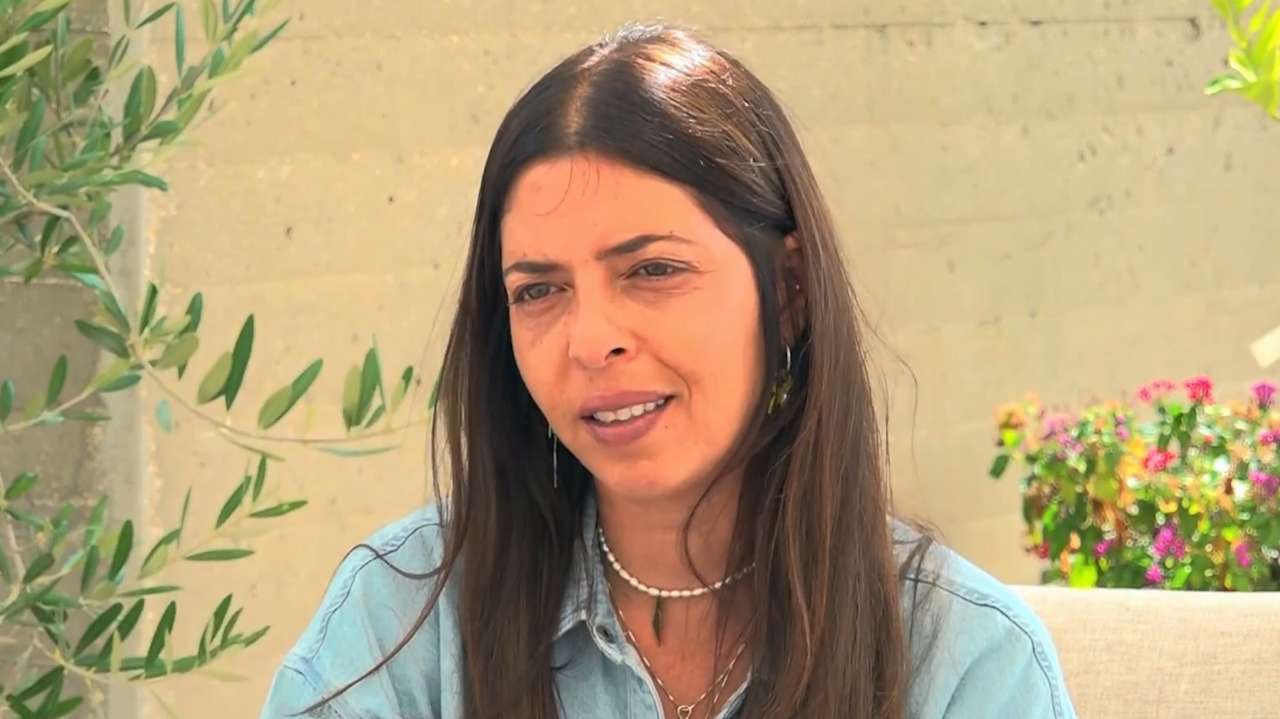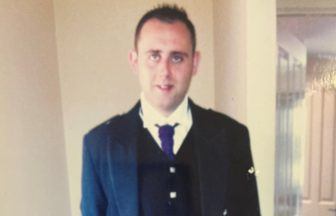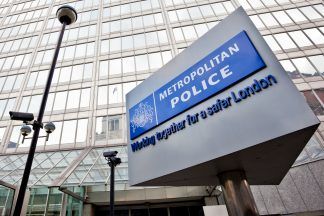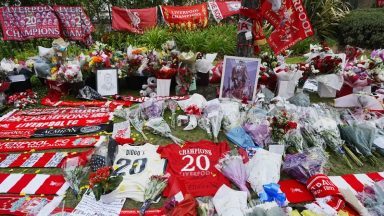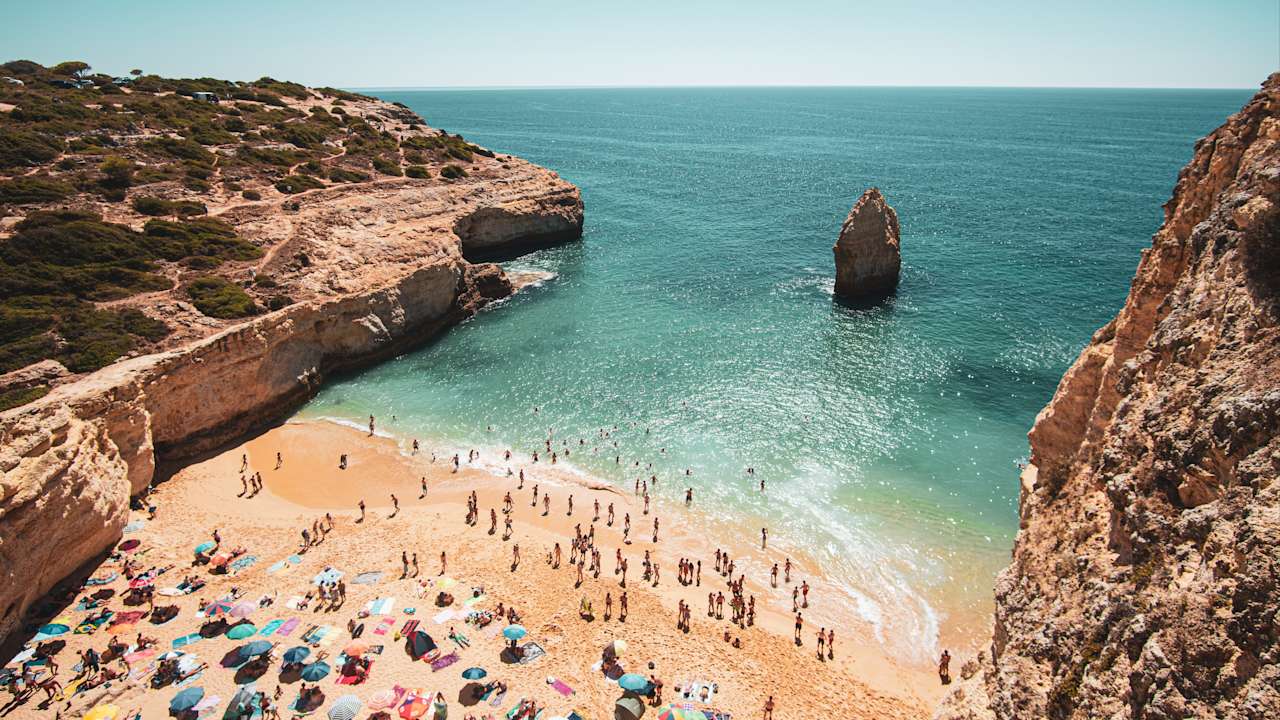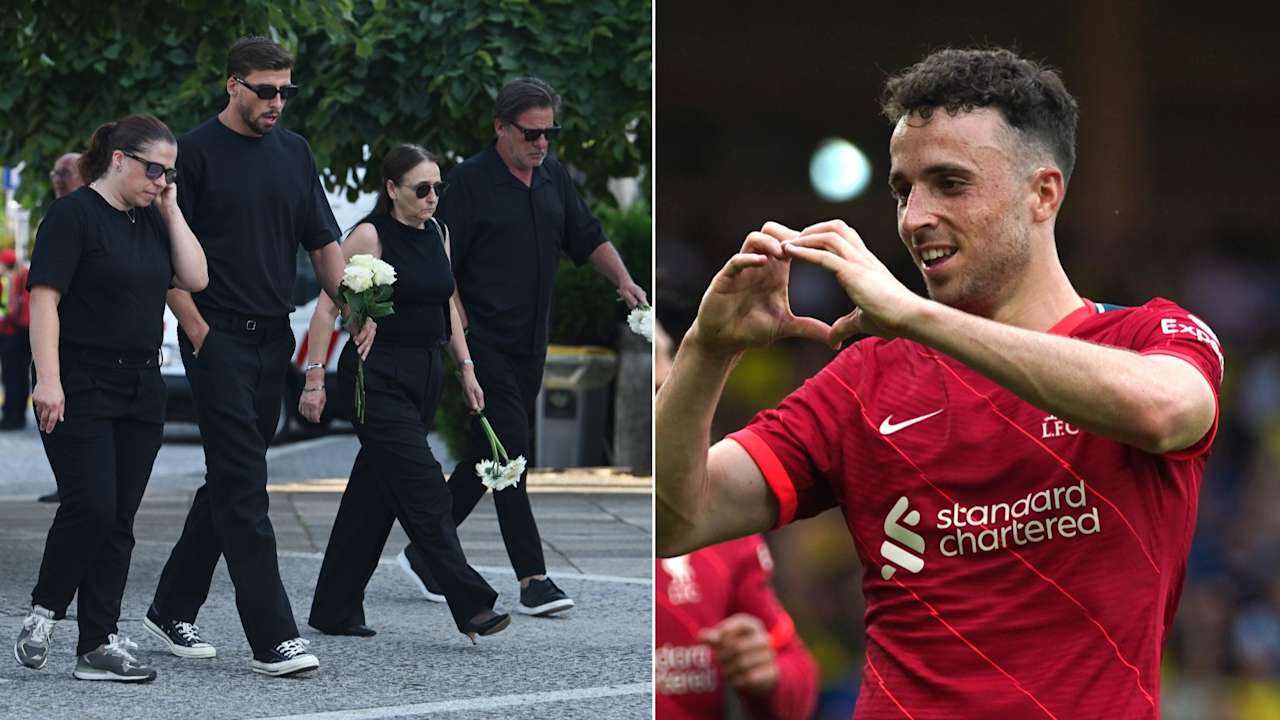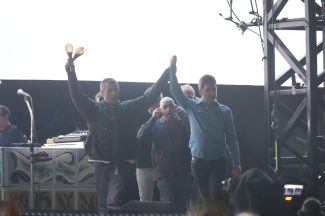Moran Yanai was captured by Hamas militants at the Nova music festival on October 7, as ITV News’ Correspondent Rachel Younger reports
The sirens are sounding across Tel Aviv in the moments before I meet Moran Stella Yanai.
It’s a reminder that although her ordeal is over, the Israel-Gaza conflict is fiercer than ever.
In fact, over the past few weeks it has extended to multiple fronts. Israeli forces are now on the ground in Lebanon, they are bombing the Houthis in Yemen and in the hours after we met, Iran fired almost 200 missiles at Israel.
In the midst of all this, Moran exudes calm.
She is 40, but you wouldn’t know it; her friendship bracelets spelling out “hope” and yellow ribbon earrings are the only clue to what’s she’s endured.
Moran was a hostage in Gaza for an unimaginable 54 days. I ask her to take me back to the events of October 7 and she exhales slowly.
“It’s completely insane that we are using the term a year ago,” she said.
“At 06:29, everything shut down. If I have to go back, I use the word ‘nightmare’, a horror movie. I always say that it doesn’t seem real.”
Moran was selling jewellery at the open air Nova Music Festival, not far from the border in Gaza, when the worst attack Israel has ever experienced began.
Before we meet, I watch the video – taken by Hamas militants and shared by them on social media – of Moran trying desperately to hide in a small hole in the ground.
The look in her eyes is haunting as she realises the gunmen have found her and there is nowhere to go.
“It was completely quiet,” she told me.
“Then we hear ‘cuckoo’, and there is a bunch of terrorists standing on top of the mound screaming ‘Allahu Akbar’, laughing and running towards us.”
By then Moran already had a broken ankle from falling over earlier as she ran. But she refused to panic.
She believes that had she been younger she would have tried to fight back. Instead, she tells me, she gathered every bit of experience she had and began to quietly have a conversation with “the man upstairs”.
“All I have in my mind is to not resist” she explains.
“That’s what I did. I released my muscles, I released my mind and I gave in to the situation because I had no way to protect myself. I was beaten all through the way to Gaza”.
By the time Hamas drive her over the border, to the sound of cheering crowds, she is focused only on surviving.
Soon, Israel’s bombs begin to fall on the area where Moran is held, shattering the window next to where she is sleeping. It is a daily battle to hold it together.
“You’re in Gaza, you understand? I had scars all over my body,” she told me.
“I didn’t feel the pain. Your mind protects you at all costs because you understand you got hit.
“But now I need to deal with the fact maybe they will rape me, maybe they will kill me, maybe they’re planning to torment me. I don’t know what they are planning to do with us… so I need to put my focus there.”
With no television or radio, Moran has no idea of how the war is going, nor how extensive Israel’s destruction of Gaza is.
She describes how on three different occasions her captors try to fool her into believing she’s about to be released, marching her down onto the street alongside two other hostages.
But finally, in late November, the longed-for moment comes.
“I didn’t believe them,” shrugged Moran.
“I really believed that on the last day when he came to take me out of the house they were going to kill me because he covered my eyes and that had never happened before. But eventually we crossed the border”.
Videos of that moment show her smiling in the back of a jeep. It’s a small, knowing smile that Moran wants to emphasise wasn’t for her captors, but for herself.
Because in that moment, she knew her strength had prevailed, that Hamas hadn’t broken her.
“I won,” she nodded. “I won.”
It was only when she saw her family that she allowed herself to scream. At last, after weeks of being hit whenever she cried, Moran could let her tears flow.
It took a week for her to learn to walk properly again. After so long being thirsty, it was much longer before she was ready to let a tap run for more than a few seconds.
But after a year of unimaginable horror, in Gaza more than anywhere, Moran is determined to remain hopeful for the 97 hostages who remain unaccounted for.
She no longer has a fixed address, and has spent the past ten months travelling the globe to keep their names in the headlines.
“I have to think of them as being strong and I have to believe they have the same power as me inside to survive” she said firmly.
“I have to believe they will have the same miracle I had. I have to believe they will make it back home.”
Follow STV News on WhatsApp
Scan the QR code on your mobile device for all the latest news from around the country


